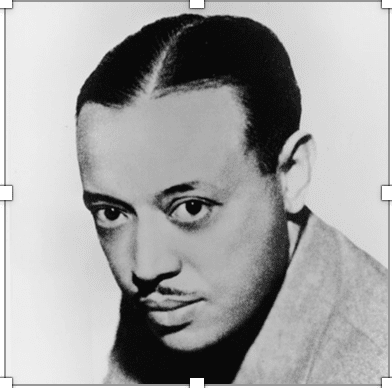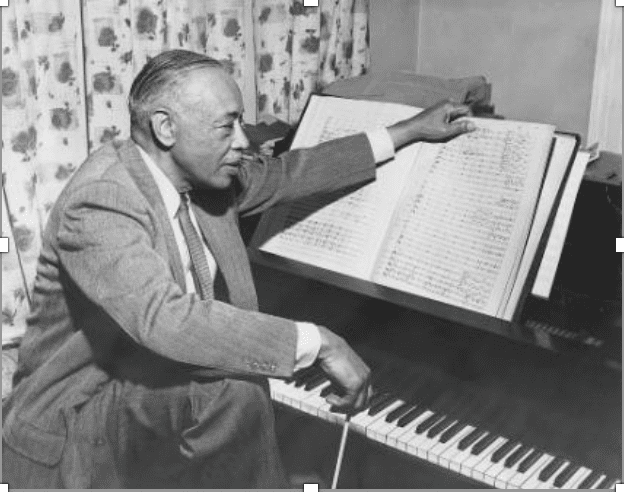Prior to the Civil War, there was only a small number of classically trained African-American composers working professionally in the United States. These composers received formal instruction in music mainly from immigrant European musicians or from local practitioners or were self-taught. These early composers mainly wrote short compositions based upon European models — waltzes, cotillions, polkas, Quadrilles, or mazurkas – which were written for piano, minstrel tunes, or operas.
Emancipation offered increased opportunities for professional training and exposure for the Black composer. A small number of them studies at select American colleges, universities and music schools where they received training that enabled time to write in larger musical forms such as opera, oratorio, cantata, symphony, and/or chamber music based upon classical models. By the end of the nineteenth century, musical nationalism lured some Black composers to explore the use of African and African American musical idioms to uphold their cultural heritage.
While many Black composers flourished prior to Emancipation, many were inhibited due to the color of their skin then and even after Emancipation. However, during the antebellum period, Black musicians and composers flourished in the city of Philadelphia, Pennsylvania and were able to compete with their white counterparts. There, they were embraced by members of society as equals, allowing them to earn livelihoods through concerts and patronage.
The passing of the Thirteenth, Fourteenth, and Fifteenth Amendments to the Constitution following the Emancipation Proclamation in 1863, brought a renewed optimism to many in the African-American community, especially those in the creative and performing arts. Musicians and composers born in post-Emancipation America had a considerable amount of influence during the first half of the new century. Some of the prominent composers during this time included Francis Hall Johnson, Florence Price, William Grant Still, Shirley Graham, Harry Freeman, Will Marion Cook, and William Levi Dawson. Though they came of age during segregation, each of these composers received advanced music education at reputable colleges, universities, or conservatories of music. The training they received helped prepare them to assume visible roles in the profession and in cultural uplift of Black America. Many, in turn, went on to educate and train Black students in higher education. Some others were able to make a living primarily through composing and arranging music, performing, and or teaching privately.
In today’s world of composers, there are numerous prominent Black composers who contribute to the world of classical music, many of whom incorporate sounds of urban Black America in their compositions while maintaining European forms and styles found in early classical form. It should be noted; however, today’s classical Black composers utilize various sounds and often combine other music genres in their compositions, including jazz, hip-hop, rock, and traditional music from varying cultures around the world.

Composer William Grant Still, better known as “The Dean of African American Composers,” was a pioneer among African American composers. He was the first in the United States to have a symphony performed by a major symphony orchestra, the first to conduct a major symphony orchestra when in 1936 he directed the Los Angeles Philharmonic Orchestra through his compositions at the Hollywood Bowl, and the first to conduct a major symphony orchestra in the Deep South when he conducted the New Orleans Philharmonic at Southern University. Still was the first African American to conduct a White radio orchestra in New York City. Also, he was the first to have an opera produced by a major company in the United States, and the first to have an opera televised over a national network.
Still wrote over 200 compositions which include operas, ballets, symphonies, chamber works, and arrangements of folk themes, Negro spirituals, in addition to instrumental, choral and solo vocal works. Having a lot of firsts under his belt was a big factor in him being considered a pioneer, but more so, it was because of his ability to compose music that caught the attention of many of the greatest non-Black conductors of his day.


